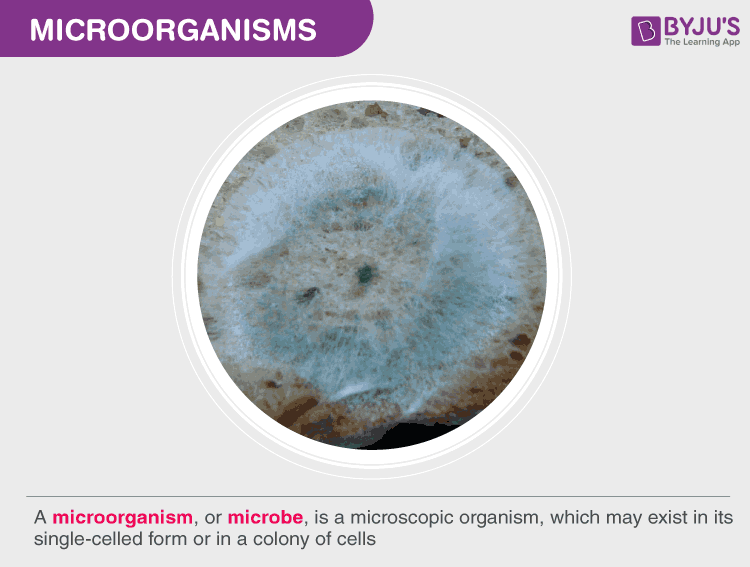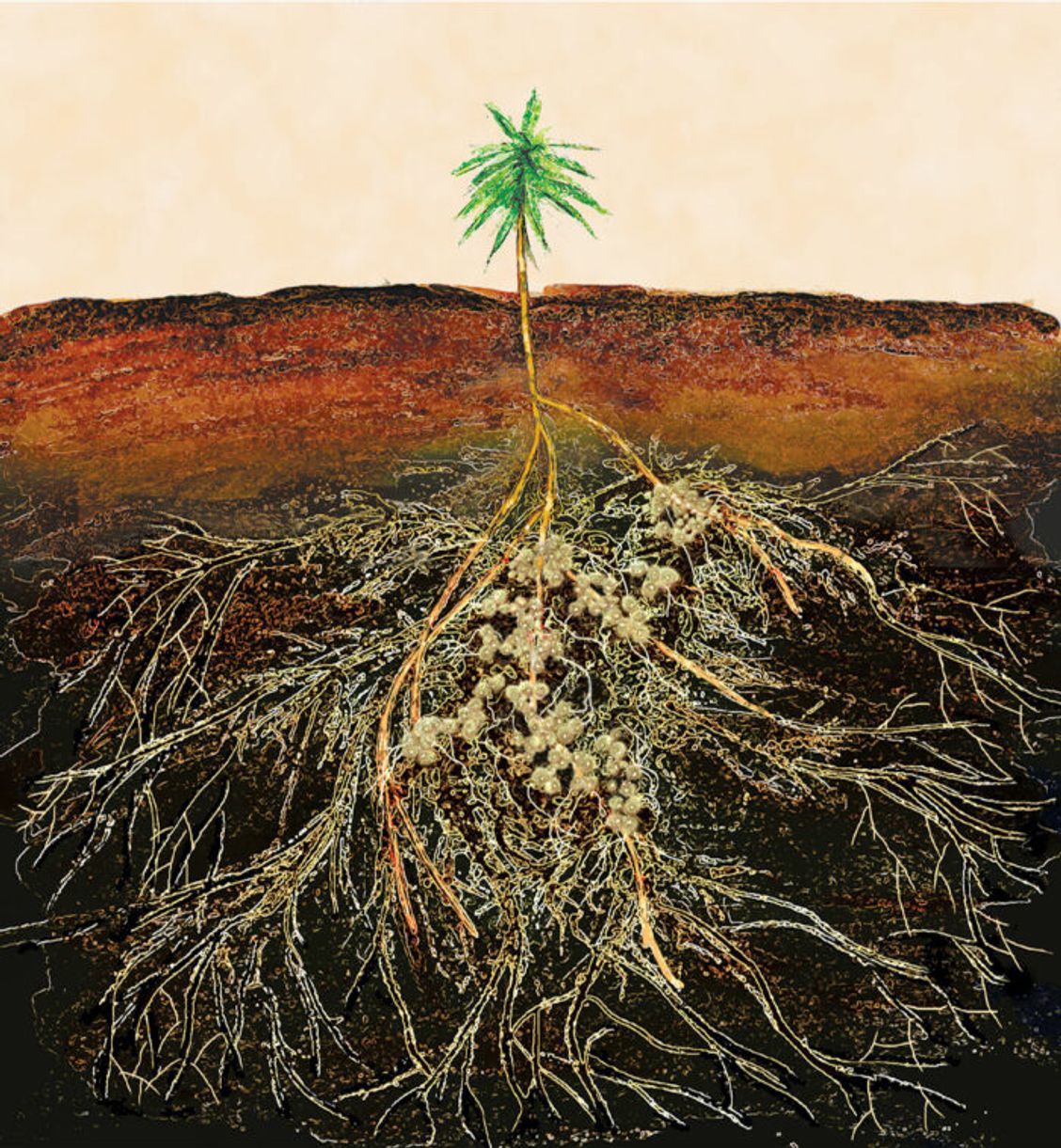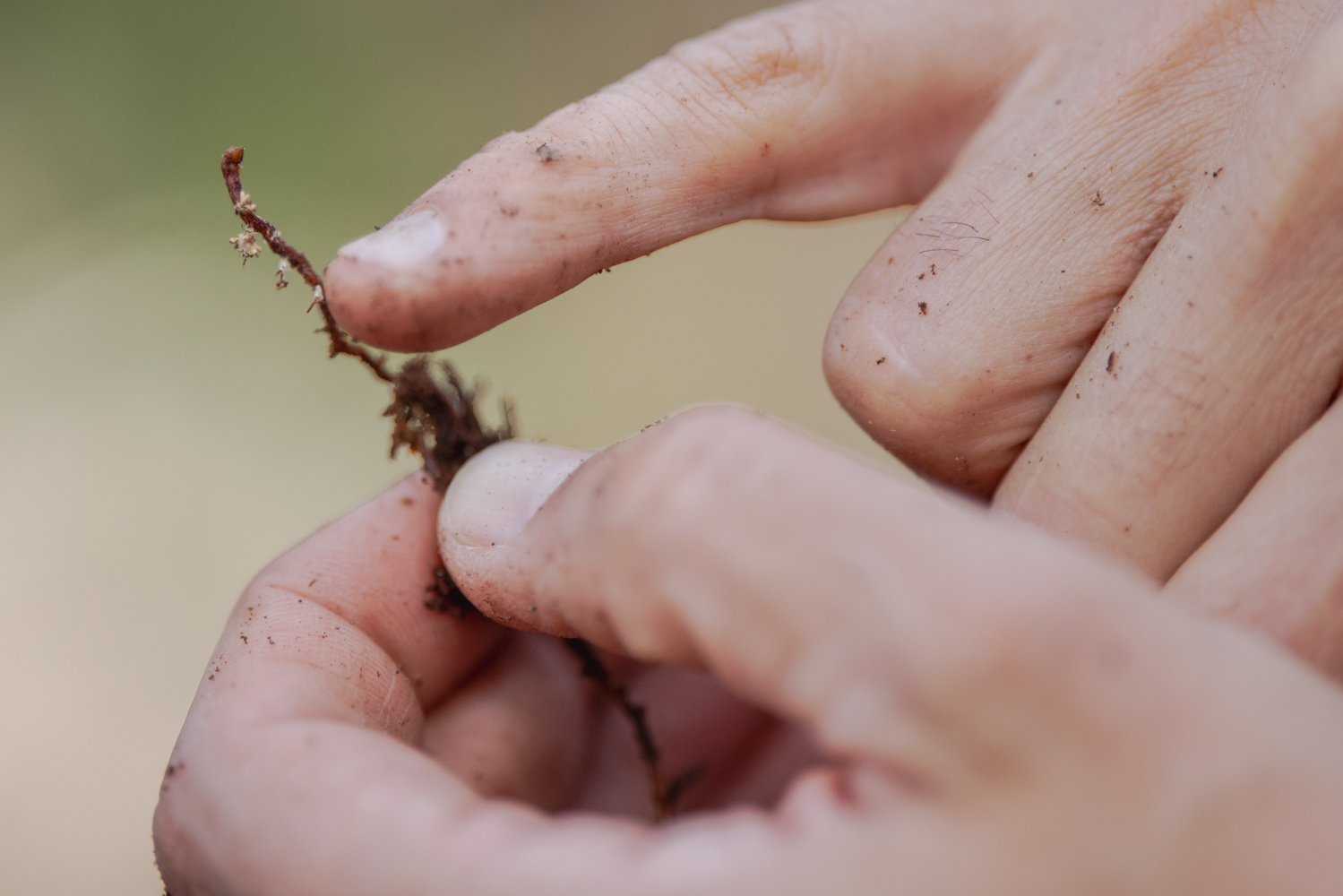Ecology

Biodiversity
Biodiversity is the variability of life on Earth across genes, species, and ecosystems, underpinning ecological processes and human well-being. Scientific assessments indicate rapid, human-driven declines in biodiversity and widespread risk to nature’s contributions to people, prompting international agreements such as the 2022 Kunming–Montreal Global Biodiversity Framework and expanded monitoring and conservation efforts.

Biodiversity hotspot
A biodiversity hotspot is a conservation-prioritization concept denoting terrestrial regions with exceptional concentrations of endemic plant species that have experienced extensive habitat loss. First proposed by Norman Myers in 1988 and formalized in 2000, the framework guides funding and planning by identifying 36 global areas that together hold a large share of Earth’s endemic plants and terrestrial vertebrates within a small fraction of land area.

Bioluminescence
Bioluminescence is the emission of light by living organisms through chemical reactions within their bodies, serving various functions such as predation, defense, and communication.

Ephemerality
Ephemerality is the quality of being short-lived or transitory, a property observed across language, religion, aesthetics, ecology, and digital technology. Rooted in the Greek ephēmeros, meaning “lasting one day,” the concept frames cultural attitudes toward change, loss, and documentation and informs practices from Buddhist ritual to performance art, from desert botany to ephemeral social media.

Microorganism
A microorganism (microbe) is an organism of microscopic size that typically requires a microscope to be seen. Microorganisms encompass cellular life forms such as bacteria, archaea, many fungi and protists, as well as acellular infectious agents like viruses (often studied in microbiology though not considered living). They inhabit nearly every environment on Earth and play essential roles in ecosystems, industry, and human health.

Mycorrhiza
Mycorrhiza (from Greek μύκης mykes, 'fungus', and ῥίζα rhiza, 'root') is a mutualistic symbiotic association between a fungus and a plant. The fungus colonizes the root system of a host plant, providing increased water and nutrient absorption capabilities while the plant provides the fungus with carbohydrates formed from photosynthesis. This association is crucial for the survival and health of the vast majority of terrestrial plants.

Mycorrhizal Networks
Mycorrhizal networks, also known as common mycorrhizal networks (CMNs), are underground hyphal networks created by mycorrhizal fungi that connect the roots of multiple plants, often of different species. These symbiotic associations facilitate the transfer of water, carbon, nutrients, and signaling molecules between plants, influencing ecosystem dynamics. The concept is popularly referred to as the "Wood Wide Web."

Ornithology
Ornithology is a branch of zoology dedicated to the study of birds, encompassing their classification, physiology, behavior, ecology, and conservation. This field has significantly contributed to broader biological concepts, including evolution and ecology.

Symbiosis
Symbiosis refers to the close and long-term biological interaction between two different biological organisms, which can be mutualistic, commensalistic, or parasitic in nature.

Symbiotic Relationship
A symbiotic relationship, or symbiosis, is any type of a close and long-term biological interaction between two different biological organisms of different species. These interactions can be categorized based on the effect they have on each organism, with the primary types being mutualism, commensalism, and parasitism. The concept is a fundamental aspect of ecology and evolutionary biology.

Symbiotic Relationships
Symbiotic relationships are close, long-term interactions between different biological species, encompassing mutualism, commensalism, and parasitism, each varying in the benefits or harms to the involved organisms.